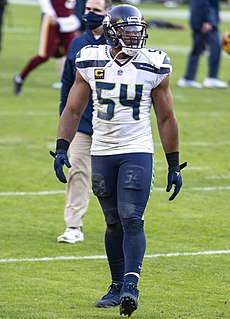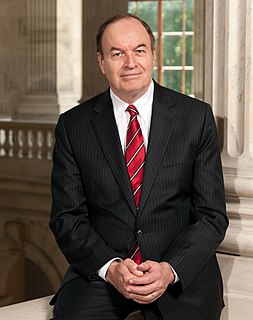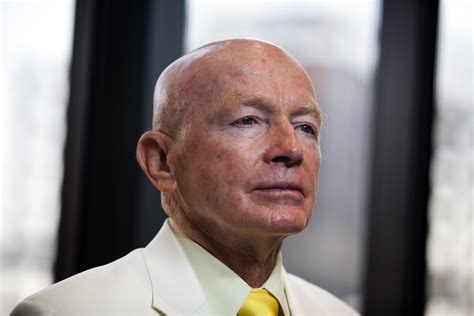A Quote by Brian Acton
I myself saw Yahoo become a $100 billion company and then become a $10 billion company, so you always have to look at valuations with a grain of salt and understand it is a point-in-time measure.
Related Quotes
There's a certain degree of speculation that goes into valuations. In so far as the market supports a valuation, everyone who gets a great one deserves it, but they should also be cautious because that speculation is temporary. I saw Yahoo go from $100 billion to $10 billion. It's not a long-term measure.
Valuations are actually quite simple to grasp. A company is only worth what two acquirers are willing to pay for it. Don't you just need to find that one buyer? If there is only one potential company interested in buying your startup, chances are you won't be hearing the word 'billion' in the offer.
What's fascinating . . .is that you could now have a business that might have been selling for $10 billion where the business itself could probably not have borrowed even $100 million. But the owners of that business, because its public, could borrow many billions of dollars on their little pieces of paper- because they had these market valuations. But as a private business, the company itself couldn't borrow even 1/20th of what the individuals could borrow.
I never said it. Honest. Oh, I said there are maybe 100 billion galaxies and 10 billion trillion stars. It's hard to talk about the Cosmos without using big numbers. I said "billion" many times on the Cosmos television series, which was seen by a great many people. But I never said "billions and billions." For one thing, it's too imprecise. How many billions are "billions and billions"? A few billion? Twenty billion? A hundred billion? "Billions and billions" is pretty vague. When we reconfigured and updated the series, I checked-and sure enough, I never said it.
Shareholder activism is not a privilege - it is a right and a responsibility. When we invest in a company, we own part of that company and we are partly responsible for how that company progresses. If we believe there is something going wrong with the company, then we, as shareholders, must become active and vocal.
The UN special envoy on food called it a 'crime against humanity' to funnel 100 million tons of grain and corn to ethanol when almost a billion people are starving. So what kind of crime is animal agriculture, which uses 756 million tons of grain and corn per year, much more than enough to adequately feed the 1.4 billion human who are living in dire poverty?
































